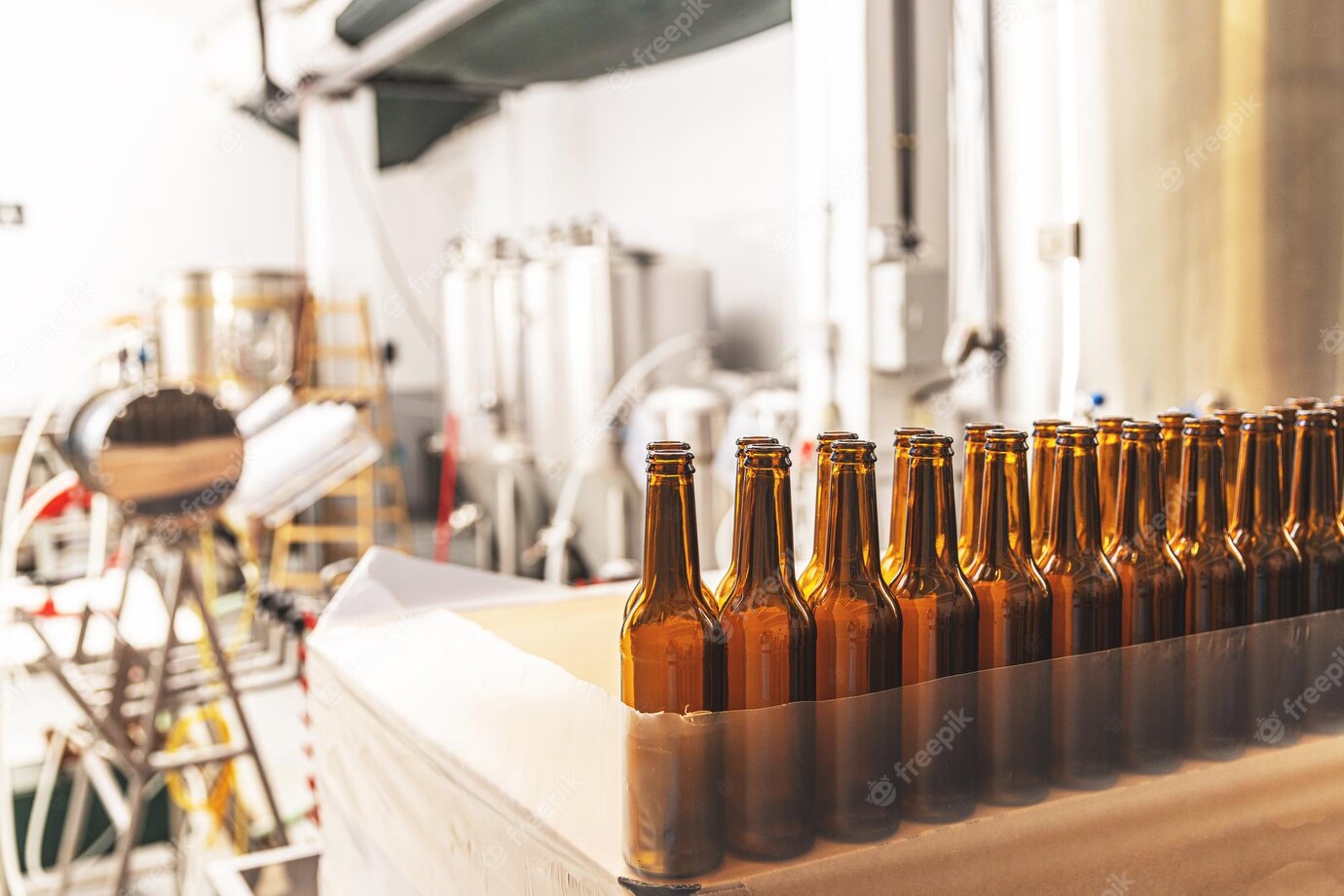Revealed: Secret Tips for Aging Your Beer for Maximum Flavor!
Beer is a complex and unique beverage, with countless flavors and styles that go far beyond the traditional light lager. For true beer aficionados, the experience of aging and storing beer is a unique joy. Storing and aging beer correctly can help to preserve the flavors, create new ones, and provide additional complexity. Here are a few tips to help you enjoy the best beer experience possible.
Tips for Storing and Aging Your Beer
If you’ve been collecting beer for aging, then you know the importance of having proper storage. You also want to know what to look out for, and how to maximize your chances of aging your beers to perfection. Beer is a delicate substance and it needs to be stored in the right conditions if you want to get the most out of aging it. Here are some tips on how to store and age your beer.
Store it in the Right Temperature
Generally, you want to store beer in a spot that is around 54-60 degrees Fahrenheit. Higher temperatures will lead to more rapid oxidation, which will strip your beer of its flavor. If you’re aging beers for over 6 months, then you can even keep it a few degrees cooler. Try to avoid putting your beer in the refrigerator as the chill can cause it to go flat.
Keep it in the Dark
Light will cause skunking, so it’s important to store your beer in a place that is free of light, or out of direct light in the least, such as a closet, pantry, cellar, or refrigerator. Light will breaks down the compounds in beer and make it skunky, so it’s best to keep it in an area that is relatively dark. Don’t expose your beer to direct sunlight and instead, opt for a darker corner of your house.
Keep them Upright
Beer bottles contain yeast sediment and beer bottles that have been stored horizontally for too long can end up getting clogged with sediment. To avoid this, make sure you store your beer bottles upright. This will also help to ensure the yeast stays in suspension, keeping it fresher for longer. Not all beer needs to be stored upright, but it’s best to err on the side of caution.
Test the Quality
Unless you’ve kept records of when you bought your beer, it can be difficult to guess when it goes bad. The best way to find out is to test the quality of your beer. If the flavor isn’t as fresh as it should be, or if it’s flat, then it’s probably best to throw it away. Although you could try to age it for a few more months, it’s best to taste it before making any decisions.
Do a Solera Age
Solera aging is a great way to get the most out of your beer. When solera aging, you’ll age your beer for several months in casks, then transfer it to bottles for a few more months, then move it back to the casks again for further aging. By doing this, you can attain a more complex flavor that is well balanced. This method gives the beer more time to mature while also providing a source of freshness.
Protect Against Oxidation
Oxidation is the enemy of aged beer, but there are ways to protect against it. Make sure to store your beer in air-tight containers so that oxidation doesn’t occur. Also, use oxygen barrier caps on your bottles. Oxygen barrier caps are thicker than regular caps and provide more protection against oxidation. Lastly, remember to clean your bottles before filling them with beer, as any dirt or residue can lead to oxidation.
Check the Bottles
When storing and aging beer, it’s important to check the bottles regularly. If a bottle seems to be bulging, or if the seal is broken, then it’s best to discard it in case of contamination or oxidation. You should also give the bottles a shake every few months to make sure the carbonation is still there.
Age at the Right Time
Not all beer needs to be aged, and many styles of beer will not benefit from aging. Beers that have high ABV and flavor, such as imperial stouts and barleywines, are best for aging as they have complex flavors that need time to mellow out. Also, make sure to age them for at least a few months to get the most out of them.
Watch for Foam-Outs
When storing beer for aging, be sure to check for any foam-outs. Foam-outs are caused by gas buildup and can cause the beer to become over-carbonated. To avoid this, be sure to

